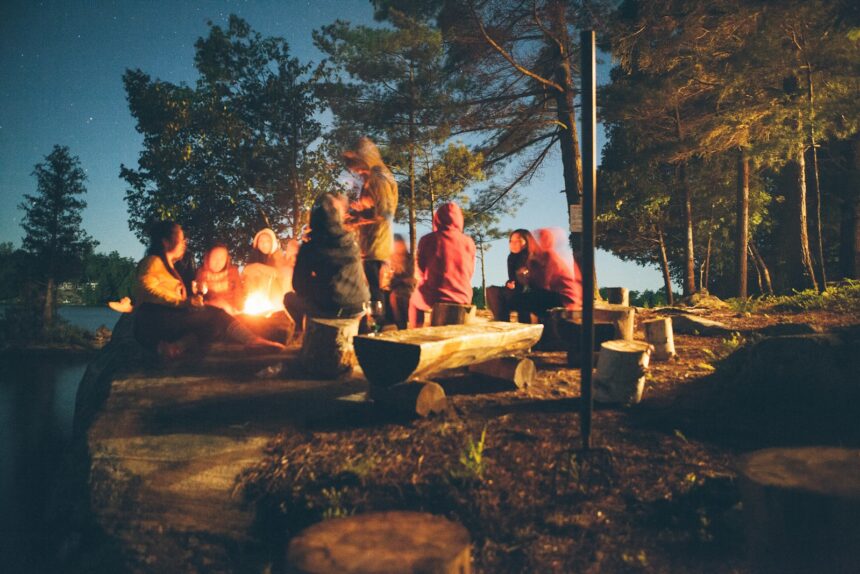As the summer camp season rolls in, many parents find themselves asking an important question—how can they make sure camp is not just fun, but also safe for their child? While camps offer creative programs, outdoor adventures, and new experiences, they can also come with hidden risks. Injuries, health issues, and organizational hiccups are real possibilities. So what should parents know to keep the summer experience stress-free?
It’s completely normal to feel nervous about sending your child to camp, but setting clear communication expectations upfront can ease anxiety. Decide when your child can call, how often you’ll check in, and what to do if you can’t reach each other. These agreements reduce stress for both kids and camp staff. Experts also recommend staying calm and confident—children are quick to pick up on their parents’ emotions, and a positive attitude can make all the difference for their emotional well-being.
Camp organizers echo this message. Most camps employ trained staff and on-site health professionals who are ready to respond to emergencies around the clock. Information gathered during registration about a child’s health ensures the camp is prepared for unexpected issues. The goal is to create an environment where kids feel safe, free to enjoy activities, and parents can trust they’re in good hands.
Injuries Happen—Preparation Matters
According to Irina Paleckienė, head of the Personal Insurance Claims Department at BTA Insurance, injuries are fairly common at camps.
“Kids often get hurt during sports or active play—falls, sprains, bruises, and even fractures are not unusual. We also see a lot of head, knee, ankle, and foot injuries, especially from trampolines, biking, or climbing. Other risks include allergic reactions, infections, water-related accidents, or planning errors,” she explains.
Safe Camps Start with a Trained Team
Ieva Stogevičiūtė, Program and Development Manager of the youth camp “Lietuvos atgaja,” emphasizes that most accidents happen during everyday activities—not extreme ones.
“A child slips while running on grass or twists an ankle while dancing—it’s completely normal during active outdoor play. That’s why it’s vital to have staff trained in first aid, plus a licensed health professional who can assess the situation calmly and accurately,” she says.
According to her, a safe camp environment starts with a well-prepared team. The right adult-to-child ratio and staff with proper training are the foundation of safety.
Smart Decisions Start Before Camp Begins
Paleckienė adds that safety also starts with smart decisions made at home. Parents should check the camp’s conditions, review the activity schedule, share full health and behavior information about their child, and consider insurance coverage.
While most camps genuinely care about child safety, not all activities are automatically covered by insurance. This is especially true for sport-focused camps. Riskier sports like horseback riding, rugby, or anything involving jumping from heights often require extra insurance conditions. It’s crucial to understand which activities your child will be doing and confirm they’re covered.
She advises parents to read the insurance terms carefully—knowing what illnesses, injuries, or events are covered is key. Personal insurance can help cover the cost of treatment for fractures, sprains, cuts, and more serious illnesses.
“If you add coverage for illnesses, insurance can include conditions like Lyme disease, tick-borne encephalitis, acute appendicitis, or tetanus. It can also cover injuries from active play or sports. However, viral infections, allergies, and digestive issues are usually not included,” Paleckienė notes.
The Key: Open Communication with Parents
Stogevičiūtė stresses that a clear and open line of communication with parents helps camps respond quickly and sensitively when issues arise.
“If a child is hurt or feeling unwell, we always contact the parents—they know their child best. We also reach out if we notice behavioral challenges or social difficulties. Parents often have valuable insights that help us find the right solution,” she says.
In the end, a successful camp experience comes down to planning, trust, and teamwork—between camps, parents, and kids.











